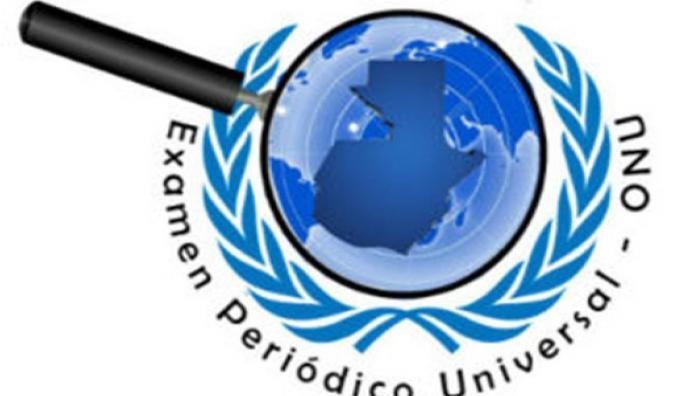
By María Josefina Arce
The current Universal Periodic Review of the UN Human Rights Council meeting in Geneva covers 14 nations, including Cuba, which actively participates in this mechanism established by that body to address citizens' prerogatives in all countries, on the basis of equality and without distinction.
Cuba will present its report on the fulfillment of its obligations in this matter before the Council, created to replace the UN Commission on Human Rights, characterized by its selectivity, double standards and political motivations.
It should be recalled that under pressure from the United States and other developed states, countries that refused to bow to the geopolitical interests of powerful nations sat in the dock at the now defunct Commission.
It is good to note that since the first meeting of this mechanism in 2008, all member states of the United Nations have been reviewed on three occasions.
This is the fourth time that Cuba has participated in this exercise, in which all 193 UN member nations can participate. It had already done so in February 2009, May 2013 and May 2018.
Therefore, from 2018 to 2023 covers the Cuban report, which specifies that in this period in the Caribbean nation has taken place a broad, deep and comprehensive process of legislative reforms, which has included the strengthening of the legal and institutional framework for the promotion of citizens' prerogatives.
Thus, in 2019 the new Constitution was promulgated, after being ratified in a historic referendum by the people, who also throughout a process of popular consultation openly expressed their opinions and suggestions, which were taken into account by the drafting committee.
Another important step in the consolidation of the human rights of the whole society was the approval in 2022 of a new Family Code, modern, inclusive, of great human content and impregnated with the wisdom of the people, who with their proposals contributed to the conformation of this important document, also ratified at the ballot box.
The Greater Antilles is also one of the countries that has ratified the most international legal instruments in the field of human rights.
For the preparation of the document, which focuses on the recommendations accepted by the country in the previous exercise, extensive consultations were carried out, including representatives of Cuban civil society.
In Cuba, citizens are guaranteed, without exclusions, prerogatives such as health, education, food, culture and sports, among others, despite the limitations imposed by the U.S. blockade, which for more than six decades has threatened the right to life of Cubans.
A sign of international recognition of its significant progress in the enjoyment of human rights by all its citizens is that last October Cuba was elected for the sixth time to the Council.
Its election also demonstrated the prestige achieved by the country in the work of that body, which includes the Universal Periodic Review of Human Rights, a mechanism that focuses on dialogue and making positive recommendations and is considered by Cuba as an ideal space to overcome the politicization and selectivity that for decades have characterized the issue of human rights.

